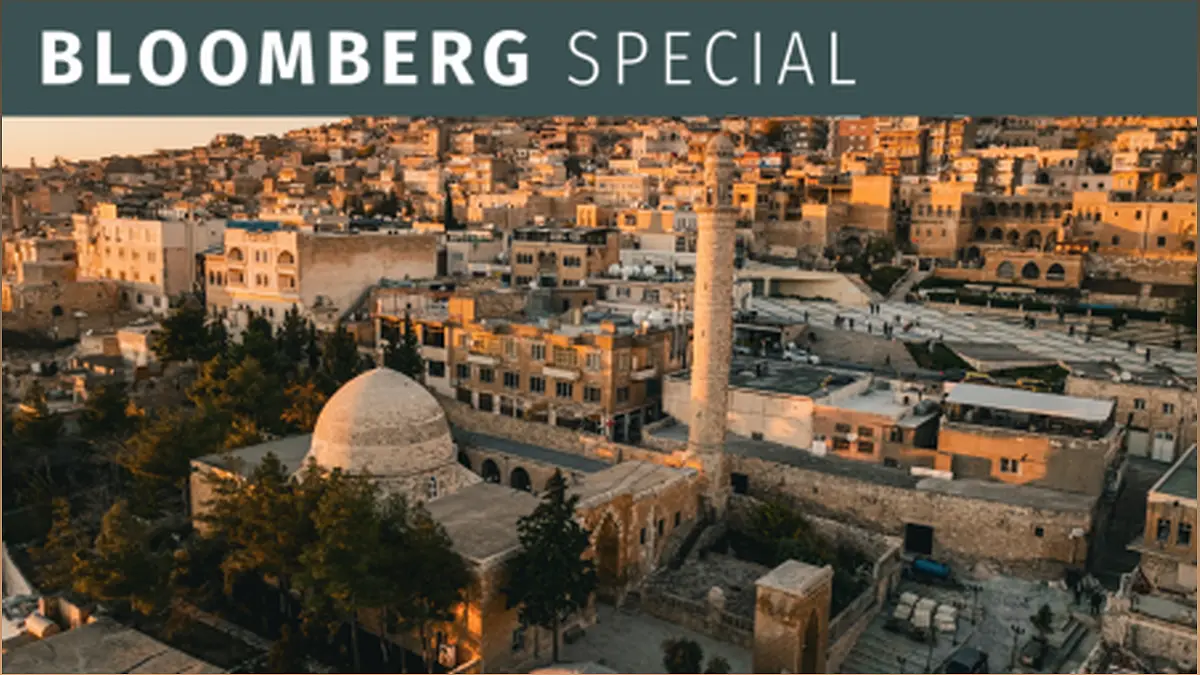Middle Eastern wealth funds are currently facing heightened scrutiny from the Biden administration in the United States. The Committee on Foreign Investment in the United States (CFIUS) is reviewing multibillion-dollar deals over concerns of potential national security risks. This article explores the increased investments in China by Gulf funds and the concerns over critical technology ending up in Beijing's hands. Let's delve into the details.
Increased Scrutiny on Middle Eastern Wealth Fund Deals
The Biden administration's concerns and the role of the Committee on Foreign Investment in the United States (CFIUS)
The Biden administration is closely reviewing multibillion-dollar deals made by Middle Eastern wealth funds in the United States. The Committee on Foreign Investment in the United States (CFIUS) is particularly concerned about potential national security risks associated with these deals.
CFIUS, chaired by US Treasury Secretary Janet Yellen, is committed to safeguarding US national security. The number of covered transaction notices from Middle Eastern countries, such as the UAE and Saudi Arabia, has been increasing in recent years, reflecting a rise in investments by Gulf funds into the US.
Growing Investments in China by Gulf Funds
The shift in investment preferences and Beijing's efforts to strengthen political ties
While the United States remains a preferred investment destination for Middle Eastern wealth funds, China has been gaining traction. Gulf funds have significantly increased their investments in China, with $2.3 billion invested in 2023, up from $100 million the previous year.
This shift coincides with Beijing's efforts to strengthen political ties in the region. However, this growing investment trend has raised concerns in Washington about the potential transfer of critical technology, infrastructure, and data to Beijing.
Concerns Over Technology and Data Security
CFIUS requesting access to internal books and concerns about ties to Beijing
The Biden administration has expressed concerns that critical technology, infrastructure, and data could end up in Beijing's hands. As a result, CFIUS has requested access to the internal books of several Gulf funds to assess potential national security risks.
However, the Gulf funds have been hesitant to fully open their records to a foreign government. This scrutiny extends to deals such as Mubadala's plan to buy a stake in Fortress Investment Group, which is currently under review by authorities.
The UAE's Ambassador to the US, Yousef Al Otaiba, has emphasized the positive bilateral relationship between the UAE and the US, highlighting their commitment to trade and investment while also protecting sensitive technologies and intellectual property.
Diversification of Gulf States' Economies
Investment goals and focus on the global tech sector
Gulf states are not aiming to replace the US as their principal investment partner but rather to diversify their economies. They are making investments in the global tech sector as part of their long-term goals.
Despite concerns over technology and data security, Middle Eastern wealth funds continue to view the US as an attractive investment destination. However, it is important for them to balance their investments while ensuring the protection of sensitive technologies and intellectual property.

